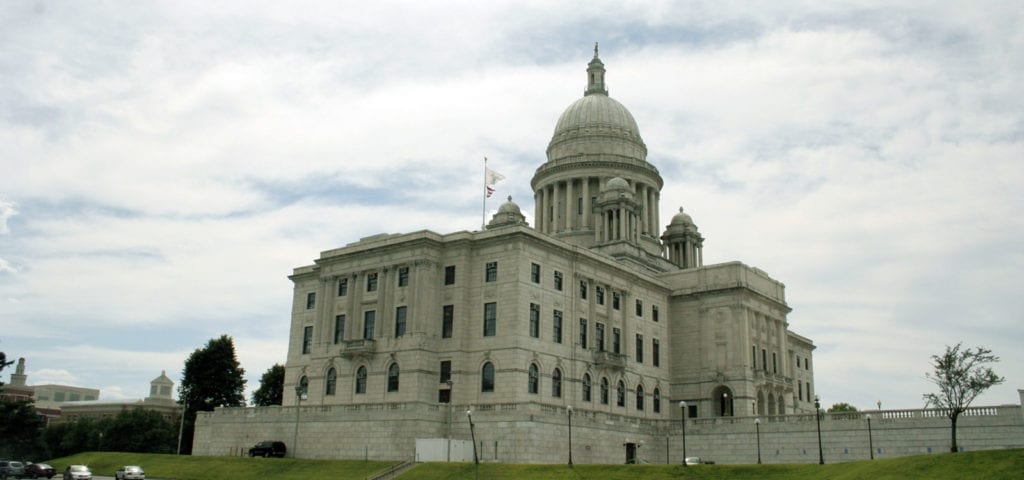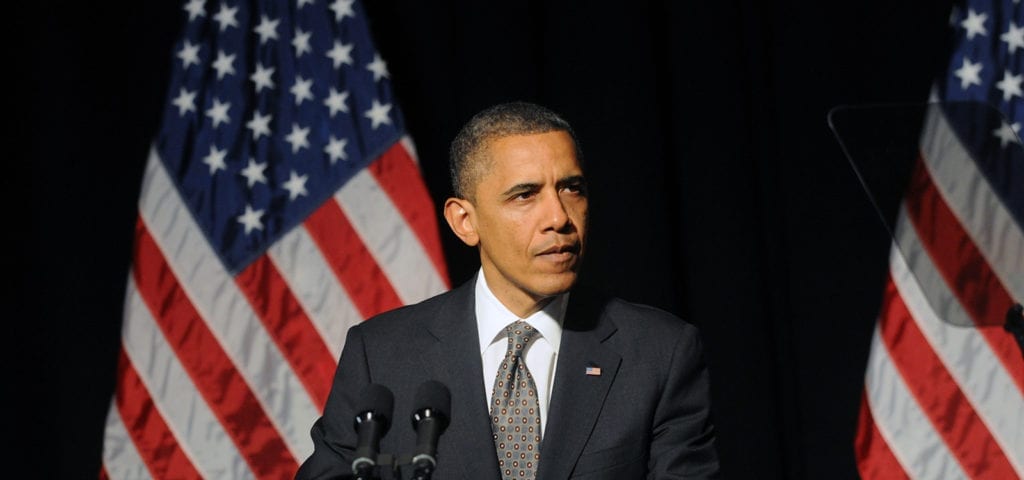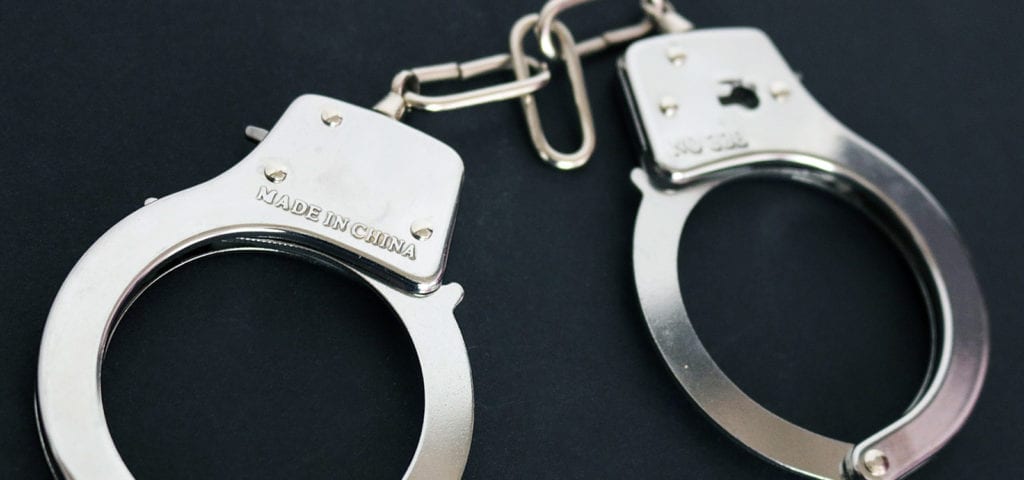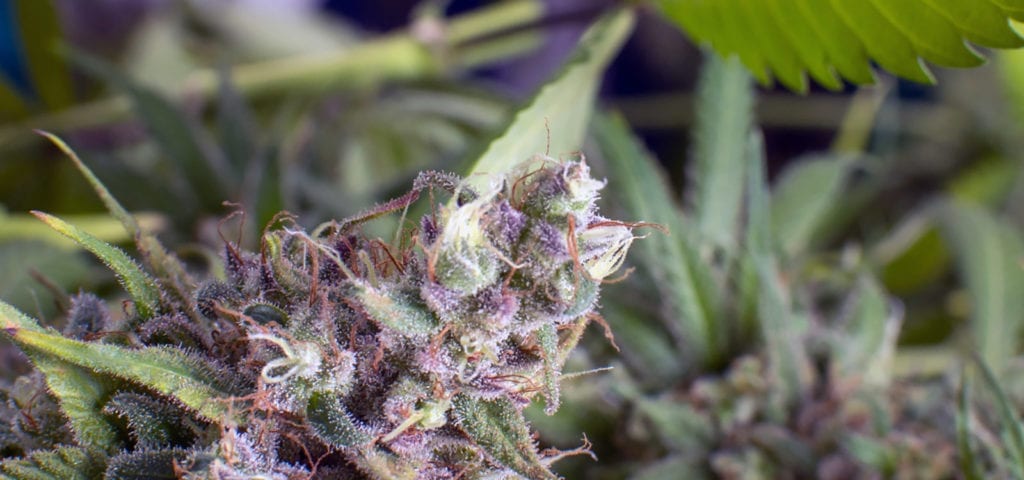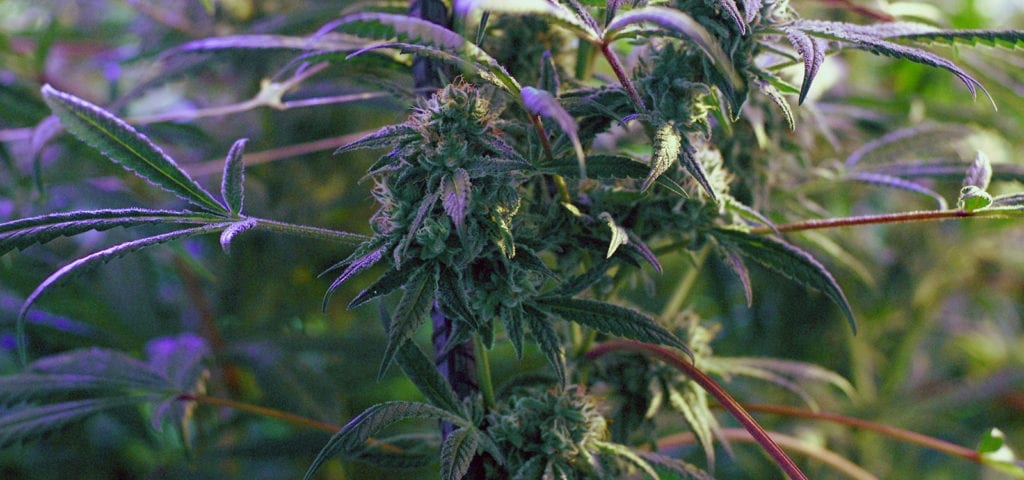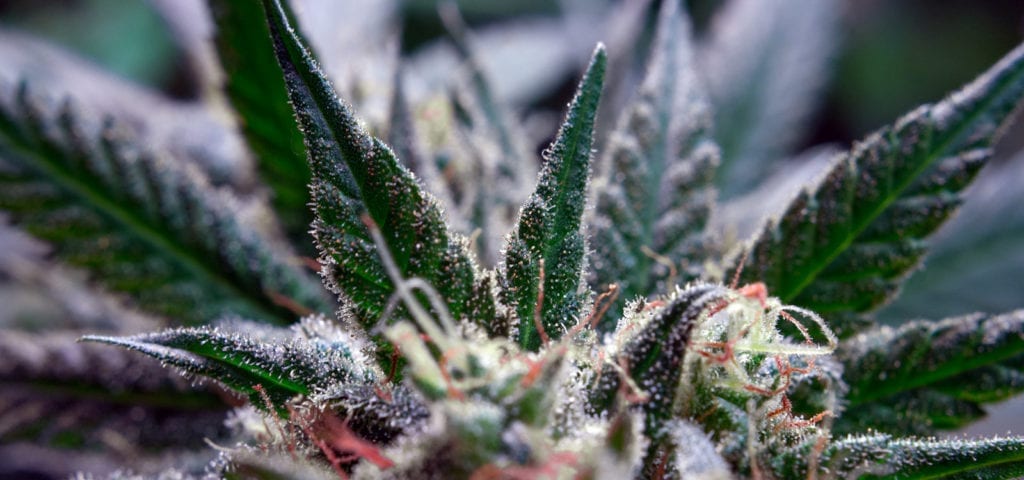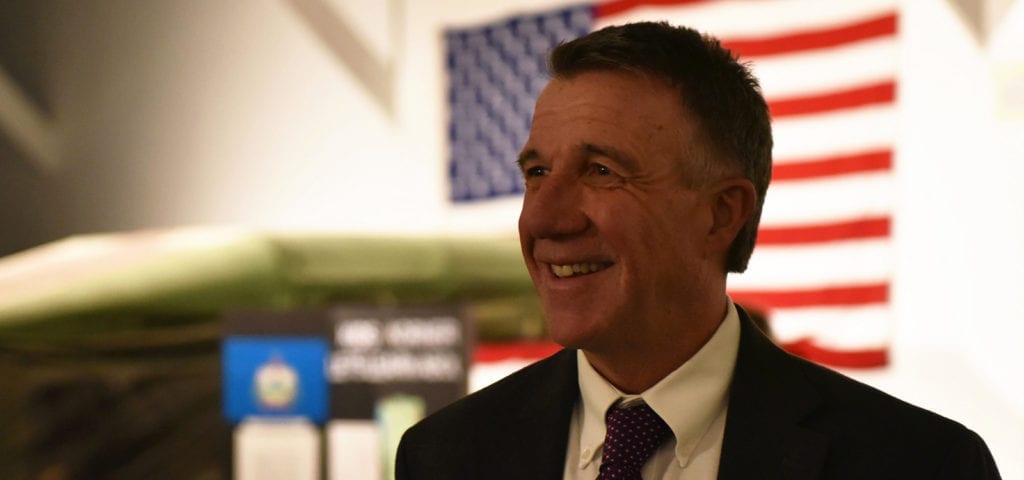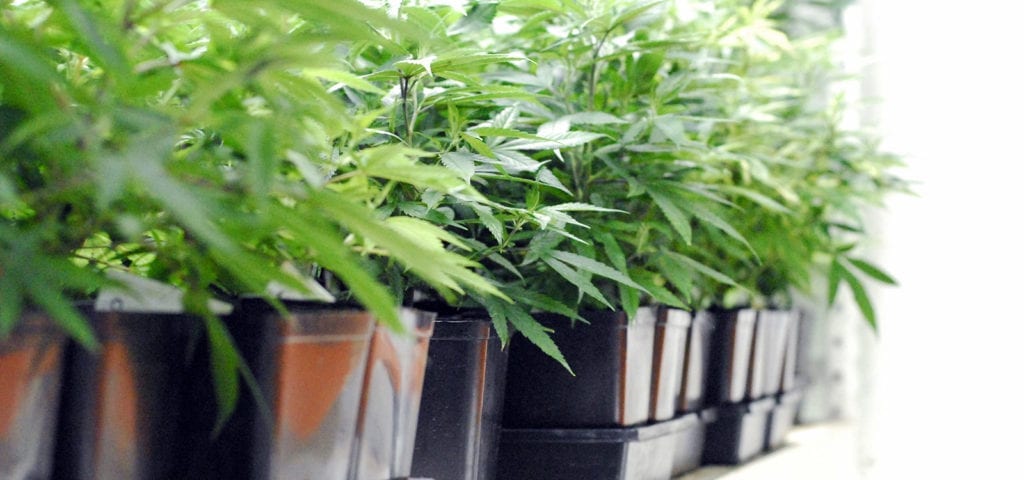The New York Assembly’s Health Committee approved a bill last week that would add dysmenorrhea as a qualifying condition for medical cannabis access, Newsweek reports. Dysmenorrhea is the medical term for severe pain and discomfort associated with menstruation.
The measure is sponsored in the Assembly by Democratic state Sen. Linda Rosenthal who has championed other women’s issues in the state legislature, such as a bill passed last year that removed sales taxes on feminine hygiene products in the state.
“I met with a force of a woman named Whoopi Goldberg, and she’s been a longtime expert on medical marijuana. I met with her and spoke with her, and she’s been passionate about easing women’s suffering by using medical marijuana,” Rosenthal said in the report. “I thought this was a great opportunity to create an impact with a passionate supporter and help women access something new that can help relieve what cripples some of them during that time of the month.”
Last year Goldberg partnered with Maya Elisabeth to launch Whoopi & Maya brand cannabis products that are geared toward combating menstrual pain.
Rosenthal explained that while some women experience “mild discomfort” during their menstrual cycle, some “can’t leave their bed for a week.”
“People are starting to understand that medical marijuana is a useful tool to relieve suffering and women’s suffering from severe menstrual cramps,” she said.
After being moved from the Health Committee, the full House will consider the plan. If approved, it will move to the Senate.
End


